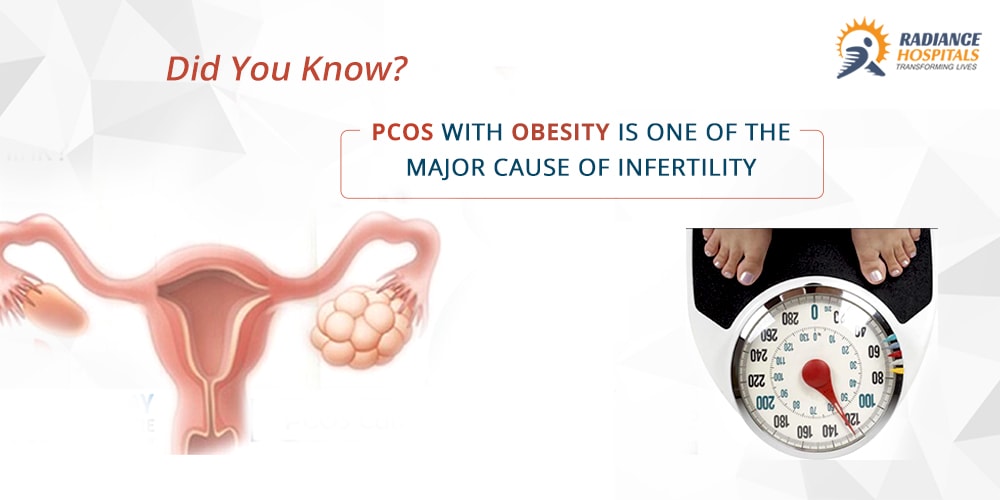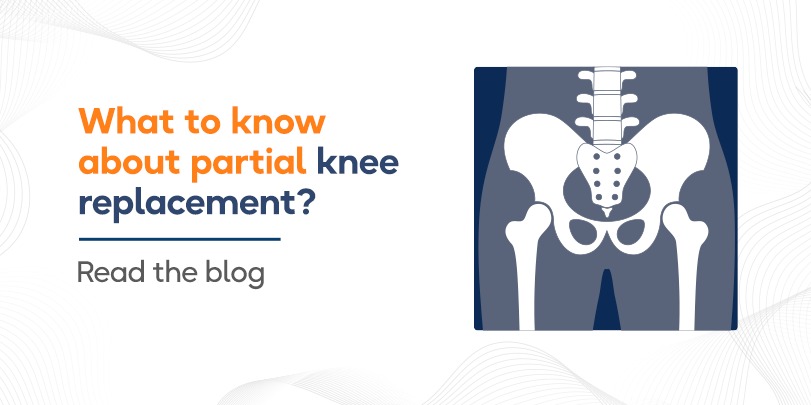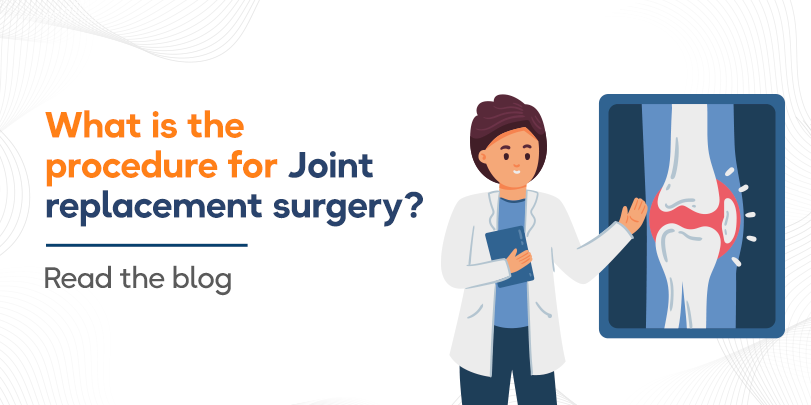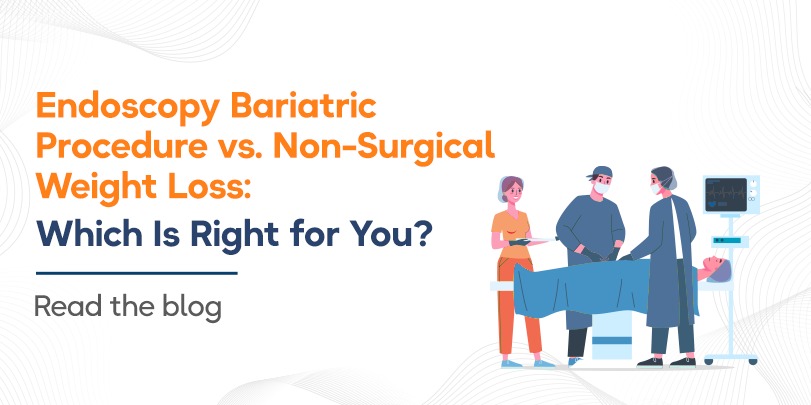Do you know bariatric surgery not only helps in obesity but also in managing diabetes? It is true that bariatric surgery is performed primarily to remove excess fat from the body. It is done to the patients who are obese and nothing else have worked for them to decrease their weight. But obesity and diabetes are linked to each other. When the blood has a high amount of sugar in it and the body isn’t producing enough insulin to counter this increase, a person starts suffering from diabetes. Many obese people suffer from diabetes because it also indicates higher blood sugar level.
Obese people are more likely to develop diabetes. Foods which have higher fats and carbohydrates elevate fatty acids in the blood. This leads to fat build-up and storage in the liver and muscles. It increases insulin resistance and the patient suffers from diabetes. Bariatric surgery helps decrease the fat in the body. Let’s see how this procedure helps in maintaining diabetes.
Body weight including fat decreases
Bariatric surgery helps decrease a sizable body fat. It can be almost 11% of the body fat. The body fat that is gone is both peripheral and visceral fat. Peripheral fat is just below the skin and visceral fat is packed around the internal organs of the body. This visceral fat generally causes problems in processing sugar in the body. When it decreases drastically in such a manner. The blood sugar is processed correctly and the level can be maintained.
Blood sugar is lowered
After bariatric surgery, the blood sugar level goes down as the body starts processing it properly. The diet that follows the surgery also included fiber and other macro nutrients known for maintaining sugar level. A proper diet maintains what goes into the body and it is monitored properly. So, the blood sugar level is maintained which also lowers the use of diabetes medication. It also promotes a better lifestyle than before which aids in diabetes maintenance.
Risk of diseases decreases
Obesity brings a lot of diseases with it. Diabetes is just one of them. Maintaining diabetes becomes more and more difficult if other diseases keep popping up. Obesity increases the risk of cardiovascular diseases which also affects blood sugar level. Diabetes becomes worse with additional diseases. With bariatric surgery, the weight is lowered and maintained with proper post-operative care. This decreases the chances of getting other diseases which in turn makes managing diabetes easier.
Cholesterol and BP improves
Many patients have seen lower cholesterol levels after getting their bariatric surgery done. The blood pressure also improves as the cholesterol levels improve. There is no excess fat putting pressure on the blood vessels after bariatric surgery. This improvement helps in managing diabetes easier.
It is quite evident that bariatric surgery is helpful in both obesity and diabetes. Patients have seen a significant improvement in their diabetes after getting their bariatric surgery done. You need an expert to achieve such results though. We have industry experts with years of experience who understand the conditions of diabetics very well. Choose us for your bariatric surgery in Ahmedabad.












